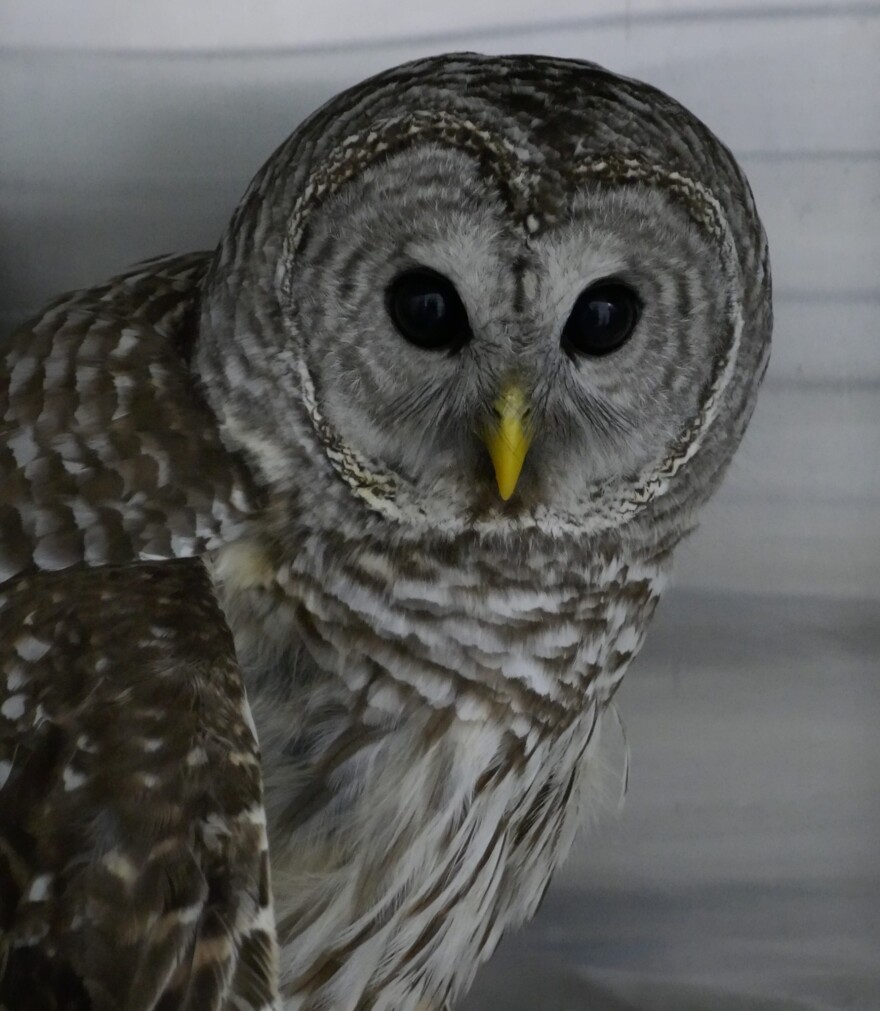This winter started off fairly quiet for Wild Instincts Wildlife Rehabilitation Director Mark Naniot.
“It was pretty good during the wintertime. Things were pretty slow. We didn’t have a ton of snow. Then of course, later winter came. The snow started dumping. That changed things quite a bit,” said Naniot.
There’s still four to 10 inches of snow across the Northwoods, plus ice from all the melting and re-freezing.

That makes it hard for some species of birds to find food.
“[They] would normally get through the snowpack to catch mice and things under the snow. Of course, now it’s too hard for that. Makes it a little harder for grouse because they usually plunge into the snow and will spend a night in the snowbank where it’s nice and warm. Now they’re a little more available to predators,” said Naniot.
In addition to getting some animals that are underweight, Naniot is starting to see spring babies.
Wild Instincts got its first bear cub of the season last week.
“This one was all by itself and had been alone for a long enough period of time and was a long enough distance away from everything that we’re pretty confident it was somehow separated from mom and would not have been reunited,” he said.
Wild Instincts will keep any cubs it gets until the bear hunting season ends in the fall.
Over that time, Naniot says it costs about $3,000 per cub to keep them fed.
Cubs this young need formula, that alone can run up to $500 just for the initial few weeks.
“It won’t be much longer that we’ll start making smoothies and start adding fruits and vegetables and some fish filets and things like that to kind of boost up the protein. Then we start adding fruits and different things as we go on. When you look at the cost of produce and things like that. That’s where the cost really starts going up,” said Naniot.
Naniot says people can help by giving monetary donations or food items. There’s also some volunteer opportunities. You can learn more about it on the Wild Instincts website.
If you see wildlife that you think needs assistance, Naniot urges people to call first.
They take calls 24/7.
“Spring is right around the corner. A lot of animals whether the weather looks like they should be here or not. If anything happens that’s a little strange or out of the ordinary, give us a call. We’re always happy to talk through a situation,” said Naniot.
The number to call is 715-362-9453(WILD).




